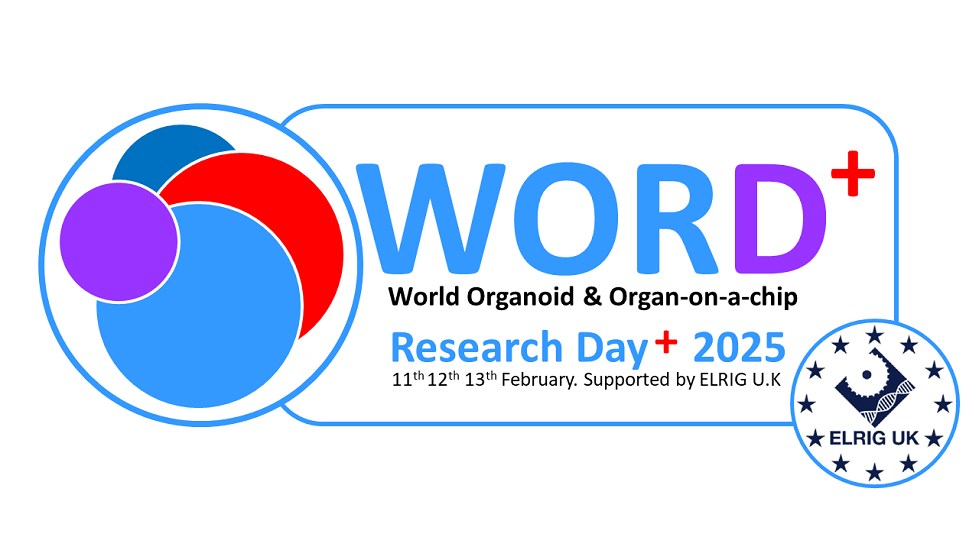Authors
L Nazlamova1; RH Robert Hanson1; TG Tanmay Gupta1; DS Sun1; HM Mohammed2; MS Shehata1; JS Stingl3; SP Pacey1; VG Gnanapragasam1; CM Massie1; HD Dev1;
1 University of Cambridge, UK; 2 Oregon Health and Science University, UK; 3 STEMCELL Technologies, UK
Overview
Prostate cancer is the second most prevalent cancer in men. In concert with early detection and risk stratification approaches, there is a pertinent need to improve the utility of effective early treatments - as exemplified by the lack of durable response to standard-of-care therapies in patients who do progress to advanced disease stages.
Introduction
Within the prostate cancer field, there is a paucity of models that accurately recapitulate early disease processes, hampering progress in primary disease research.
Our lab has established and optimized a pipeline to process fresh tissues to generate prostate organoids from patients with early-stage cancer. Here we characterize the potential for organoid generation from limited cell numbers derived from fresh MRI-guided prostate needle biopsies, taken from men with primary disease.
Methods
Flow cytometry analyses demonstrate the preservation of both luminal and basal cellular compartments post-tissue processing. Although we demonstrate high proliferative ex vivo rates of prostate cells plated in 3D matrigel domes, we highlight challenges around maintaining hormone-responsive cells using standard growth conditions. In addition, shallow whole genome sequencing analyses over multiple organoid passages suggest a competitive growth advantage of benign cells over tumor cells.
Results
Through ongoing optimization of bespoke growth conditions and organoid protocols, we report a model comprising a more early disease-relevant cellular enrichment.
Subsequently, collaborative links with STEM cell technologies and OHSU, involving growth condition profiling and deep multi-omic studies, will enlighten the potential of these ex vivo models to recapitulate and sustain the earliest phenotypes of early prostate cancer.
Conclusion
This project has the line-of-sight to establish a platform in which novel systemic interventions can be tested. Ultimately, guiding the design of precision medicine trials in poor-prognosis early-stage prostate cancer, to improve survival rates.

